The FAKE mummies
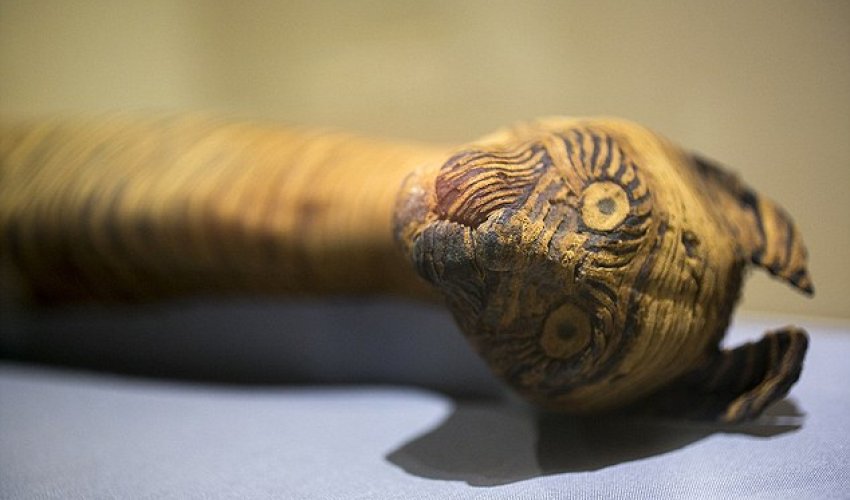
Researchers claim to have uncovered a huge scandal in the Ancient Egyptian animal mummy industry after revealing a third of the religious offerings are empty.
Experts at the University or Manchester and the city’s museum used X-rays and CT scans to examine the interior of 800 bundles of cloth.
They found a third were empty - and packed with mud, sticks and reeds.
A third contained well-preserved complete animals while a further third consisted of partial remains - but the rest were empty.
Scientists say those at involved in the industry may simply have struggled to keep up with demand - and packed them with mud, sticks and reeds.
Dr Lidija McKnight, an Egyptologist from the University of Manchester, told MailOnline:
'Early excavators who unwrapped mummies on site documented that some bundles did not contain complete animals or in fact any animal at all, so this in itself is not new,' she said.
'What this research has shown by looking at a large group is what percentage seem to contain bones and which don't.'
'The early preconception - and for quite some time afterwards - was that these empty mummies were fakes, but we now believe that there is more likely to be much more to it.
'She said that sometimes the linen parcels were actually padded out with items from the mummy-maker’s home.
'The material being used to create these mummies would have held special significance in its own right to the Egyptians.
'What is more likely to have mattered is that the outside of the mummy looked recognisable to the gods to which it was offered.'
‘Basically, organic material such as mud, sticks and reeds, that would have been lying around the embalmers workshops, and also things like eggshells and feathers, which were associated with the animals, but aren't the animals themselves.’
There was a huge demand for animal mummies, which, unlike human mummies, were classed as religious offerings.
Millions of examples have been unearthed in Egypt in vast catacombs containing creatures such as dogs, cats and monkeys.
The demand was so big that animals were mass-bred specifically for the industry.
But many embalmers still left their mummies empty.
Dr McKnight said this may not have meant it was a scam and that those who commissioned the mummies may have known in advance that they would be empty.
She said: 'We think they were mummifying pieces of animals that were lying around, or materials associated with the animals during their lifetime - so nest material or eggshells.
'They were special because they had been in close proximity with the animals - even though they weren't the animals themselves.
'So we don't think it's forgery or fakery. It's just that they were using everything they could find. And often the most beautifully wrapped mummies don't contain the animal remains themselves.'
Archaeologists have found more than 30 Egyptian cemeteries created for animal mummies, some containing several million specimens.
Animals held such a prominent place in ancient Egyptian society that tens of millions were mummified, some going into the pharaohs' tombs to rest eternally in the company of their kings.
Others had their own special cemeteries, where they were buried in coffins as elaborately carved as those of royal family members.
The University of Manchester findings will be featured on the Horizon's '70 Million Animal Mummies: Egypt's Dark Secret' on BBC 2 tonight at 9pm.
(dailymail.co.uk)





www.ann.az
Similar news
Similar news
Latest news 
More news 
























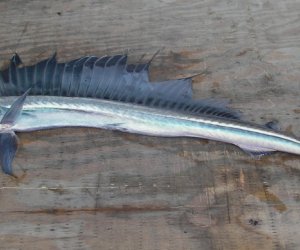

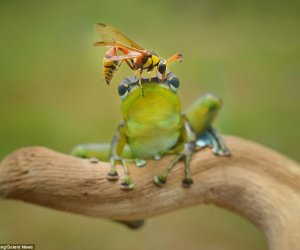
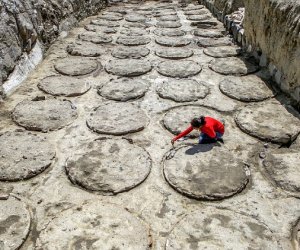




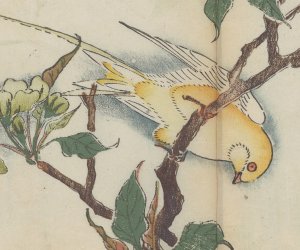


 Photo
Photo 



 Video
Video 

